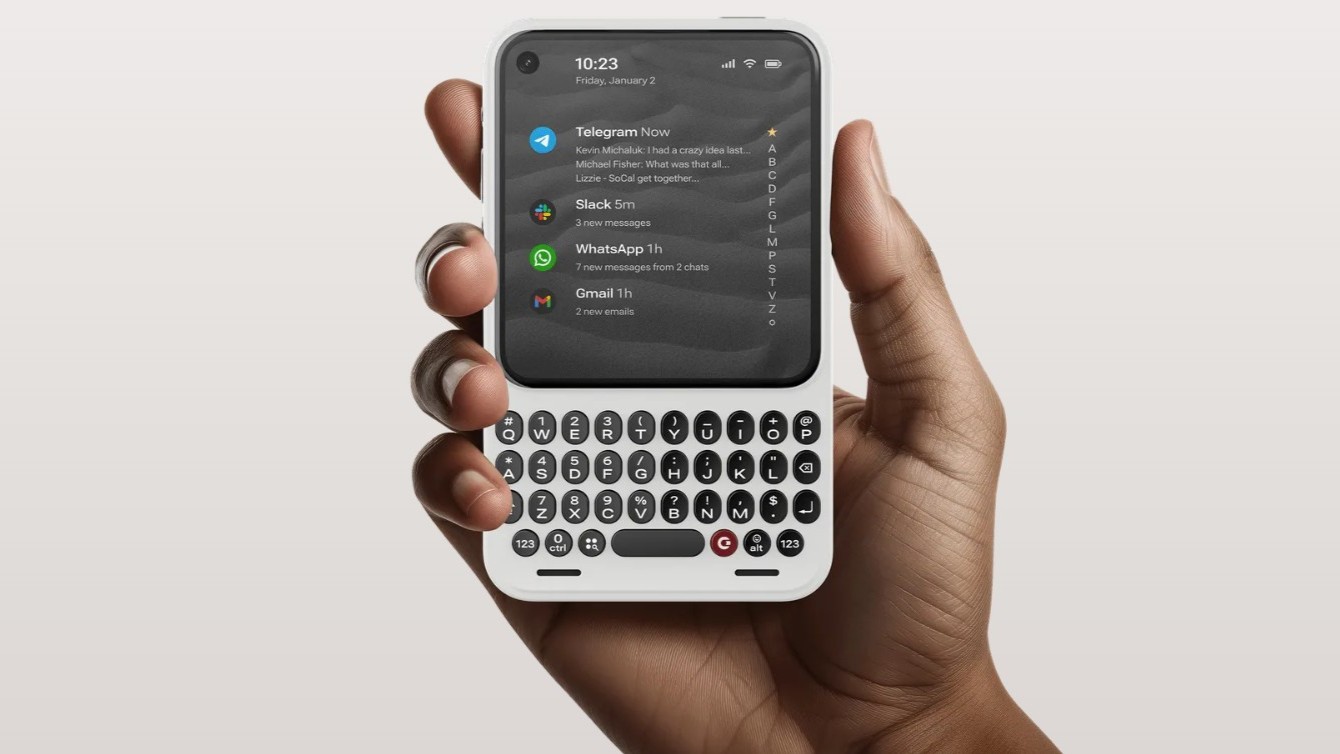Google Pixel 10 Pro XL vs. Samsung Galaxy S25 Ultra: Which is the top Android flagship?
Can Google's newest flagship beat Samsung's best? Here's how they compare.
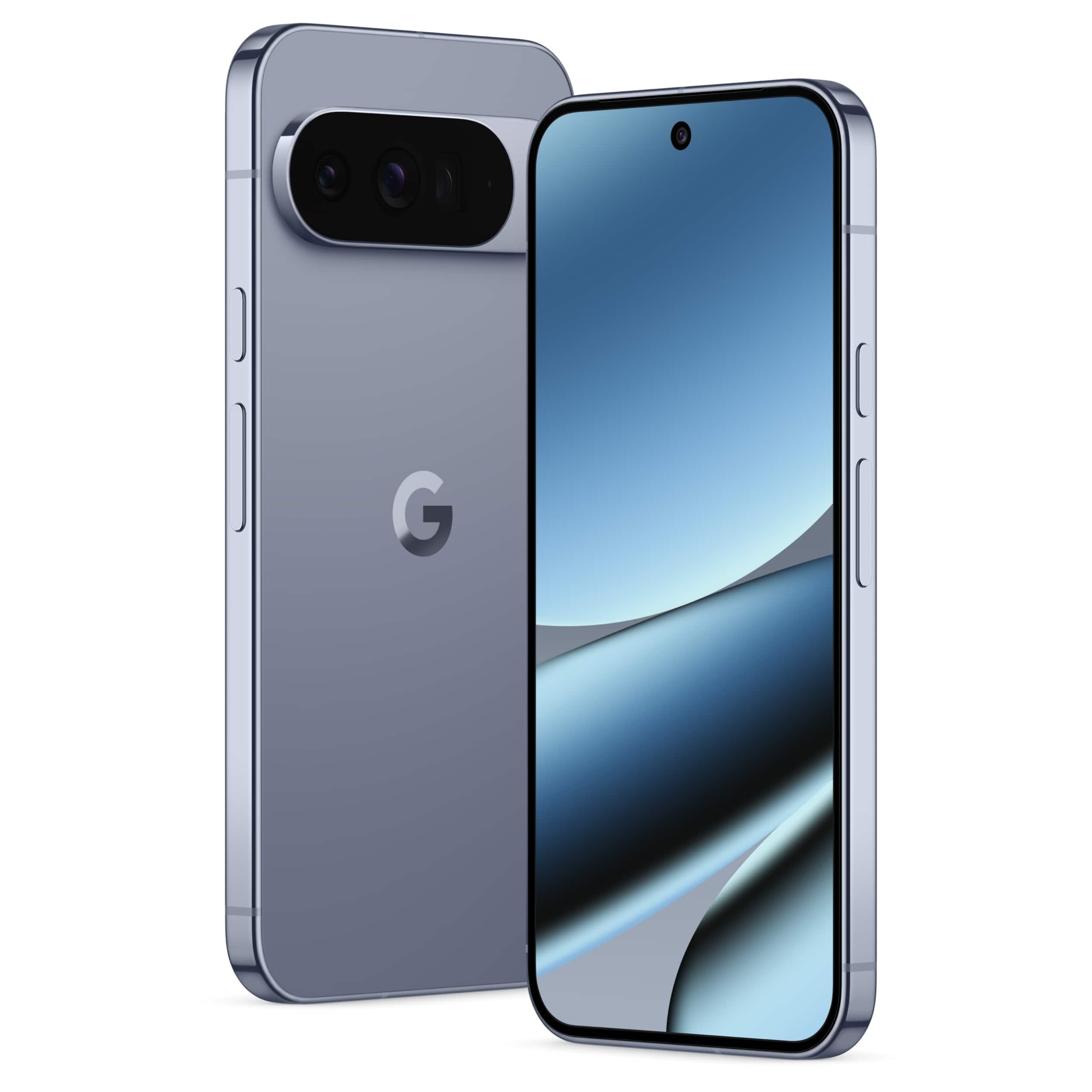
A major upgrade
Similar design aside, the Google Pixel 10 Pro XL is a big improvement that builds on what Pixel phones do best. There's improved performance thanks to a Tensor G5 chipset and 16GB of RAM, and custom components like a new ISP. This 6.8-inch powerhouse is the best Pixel yet, albeit without camera upgrades.
Pros
- TSMC-based 3nm Tensor G5 chip
- 5,200mAh battery
- Brighter 3,300-nit display
- 39W fast wired charging speeds with magnetic Qi2 25W support
Cons
- Same camera hardware
- Expensive, with no 128GB base model this year
- Similar design and displays
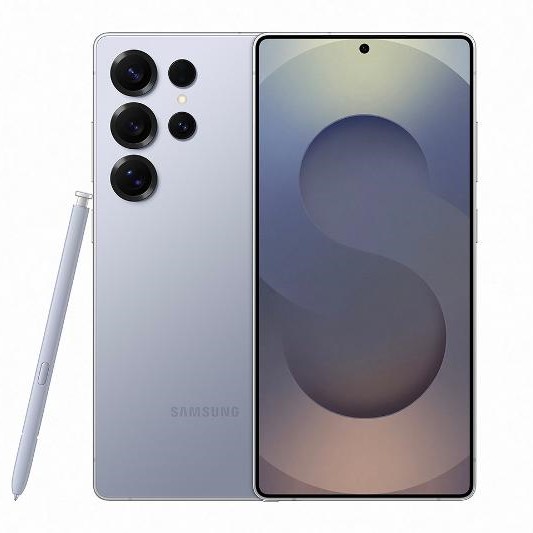
The one to beat
With a giant display, Snapdragon 8 Elite chip, and a standout camera system, it's clear the Samsung Galaxy S25 Ultra will be the one to beat. It's a tall order for Google, as the Galaxy S25 Ultra is the most versatile phone on the market today.
Pros
- Blazing-fast Snapdragon 8 Elite for Galaxy processor
- Large display with S Pen support
- Versatile camera system with four rear lenses
- Both Galaxy and Google AI features supported
Cons
- Very expensive
- Lacks magnetic Qi2 support
- Similar to older models
The Google Pixel 10 Pro XL is the top model in Google's flagship lineup, and it's finally here. It's surely Google's best Pixel phone yet, but the real question is how it compares to the rest of our favorite Android phones. At the top of the list is the Samsung Galaxy S25 Ultra, which has a big price tag and an even bigger feature set.
With a powerful processor, versatile quadruple rear camera system, and large display, the Galaxy S25 Ultra is often regarded as one of the best, well-rounded Android phones out there. The Pixel 10 Pro XL adds a reworked Tensor G5 processor, magnetic charging, and all-new AI features to remain competitive. Let's dive in and figure out which smartphone is right for you.
Google Pixel 10 Pro XL vs. Samsung Galaxy S25 Ultra: Pricing and availability
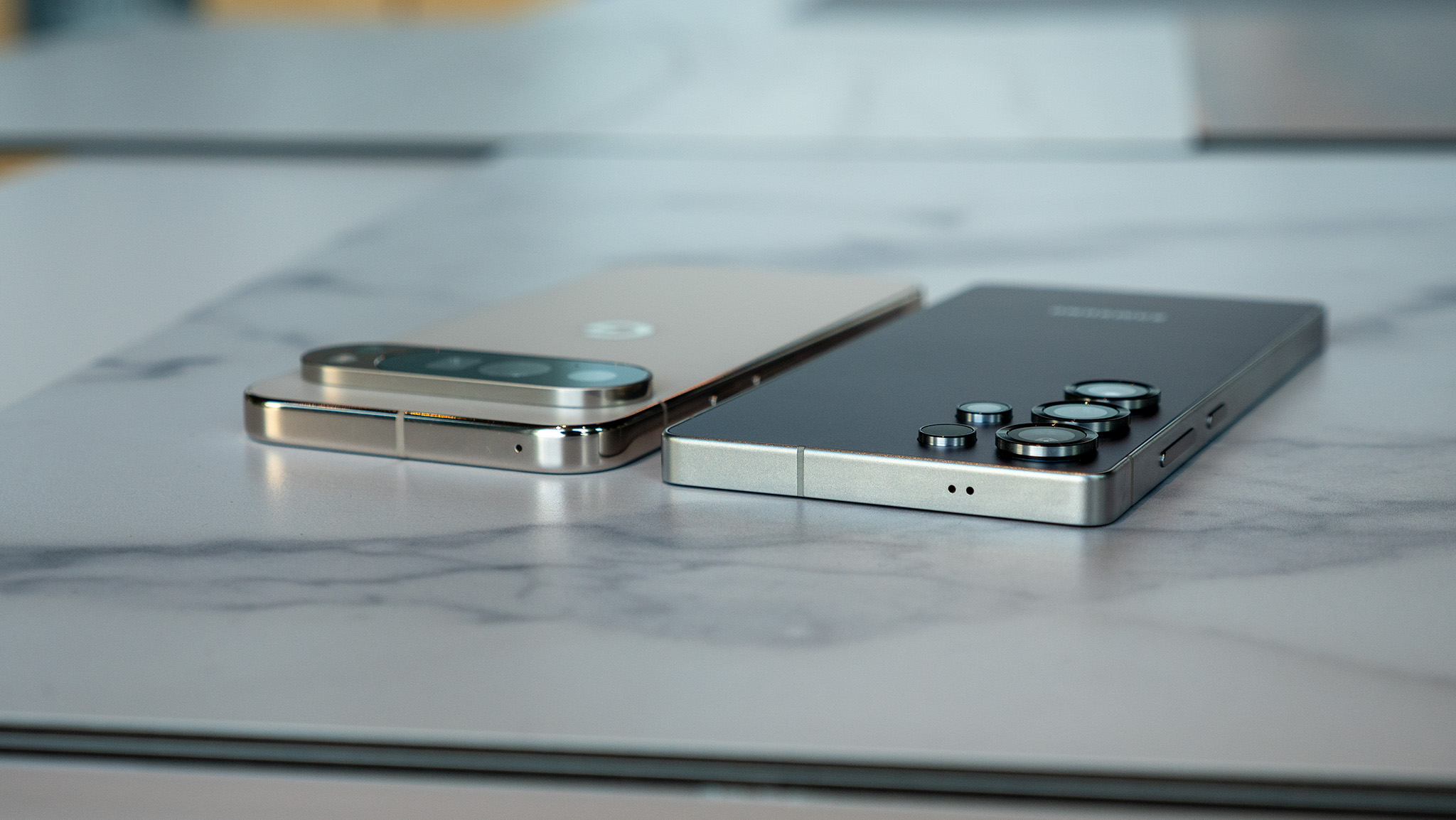
Google officially announced the Google Pixel 10 Pro XL at a Made by Google event on Aug. 20. Pre-orders for the device are open as of that same day, with full availability beginning Aug. 28. The Google Pixel 10 Pro XL starts with 256GB of storage, with upgrades to 512GB or 1TB available. Since the phone isn't available in the smaller 128GB base capacity, it starts at $1,199, an increase of $100 compared to the Pixel 9 Pro XL.
You can get the Pixel 10 Pro XL in Moonstone, Jade, Porcelain, and Obsidian colorways.
Even with the price hike, the Pixel 10 Pro XL costs less than the Samsung Galaxy S25 Ultra at full price. The phone was announced on Jan. 22, 2025, and was officially released Feb. 7. Samsung sells the Galaxy S25 Ultra for $1,299, and it starts with 256GB of storage, with upgrades up to 1TB available. You can get it in Titanium Black, Gray, Silverblue, or Whitesilver colorways.
Google Pixel 10 Pro XL vs. Samsung Galaxy S25 Ultra: Design and display
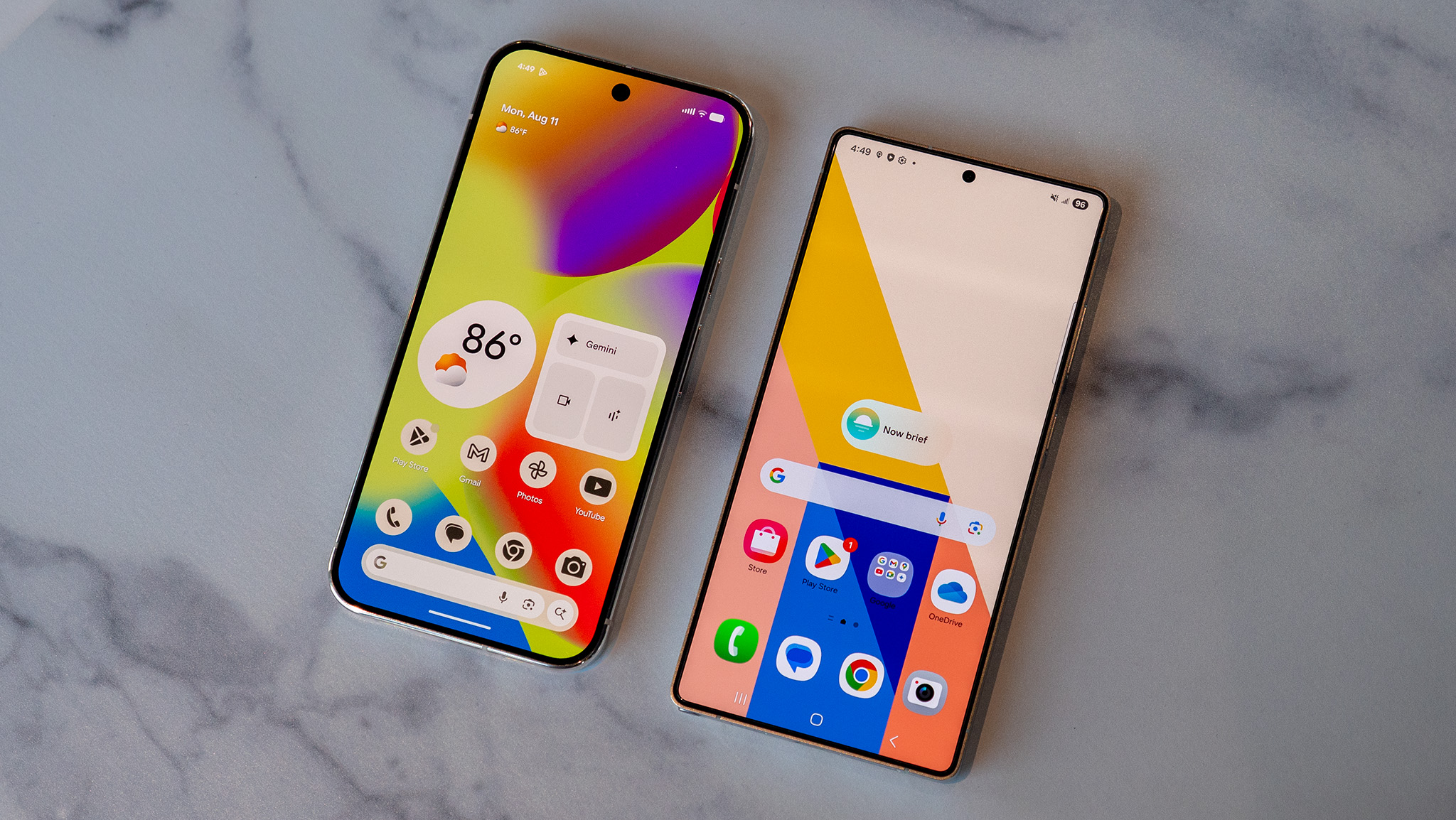
Google didn't overhaul the design of the Pixel 10 Pro XL, and we have a design language that's quite similar to the Pixel 9 Pro XL. There's a pill-shaped camera bar, a matte back, polished side rails, and rounded corners. The dimensions are identical to the Pixel 9 Pro XL, but the Pixel 10 Pro XL is much heavier at 232 grams. We'll get to the hardware later, though it's worth noting a few internal upgrades might explain the weight discrepancy between models.
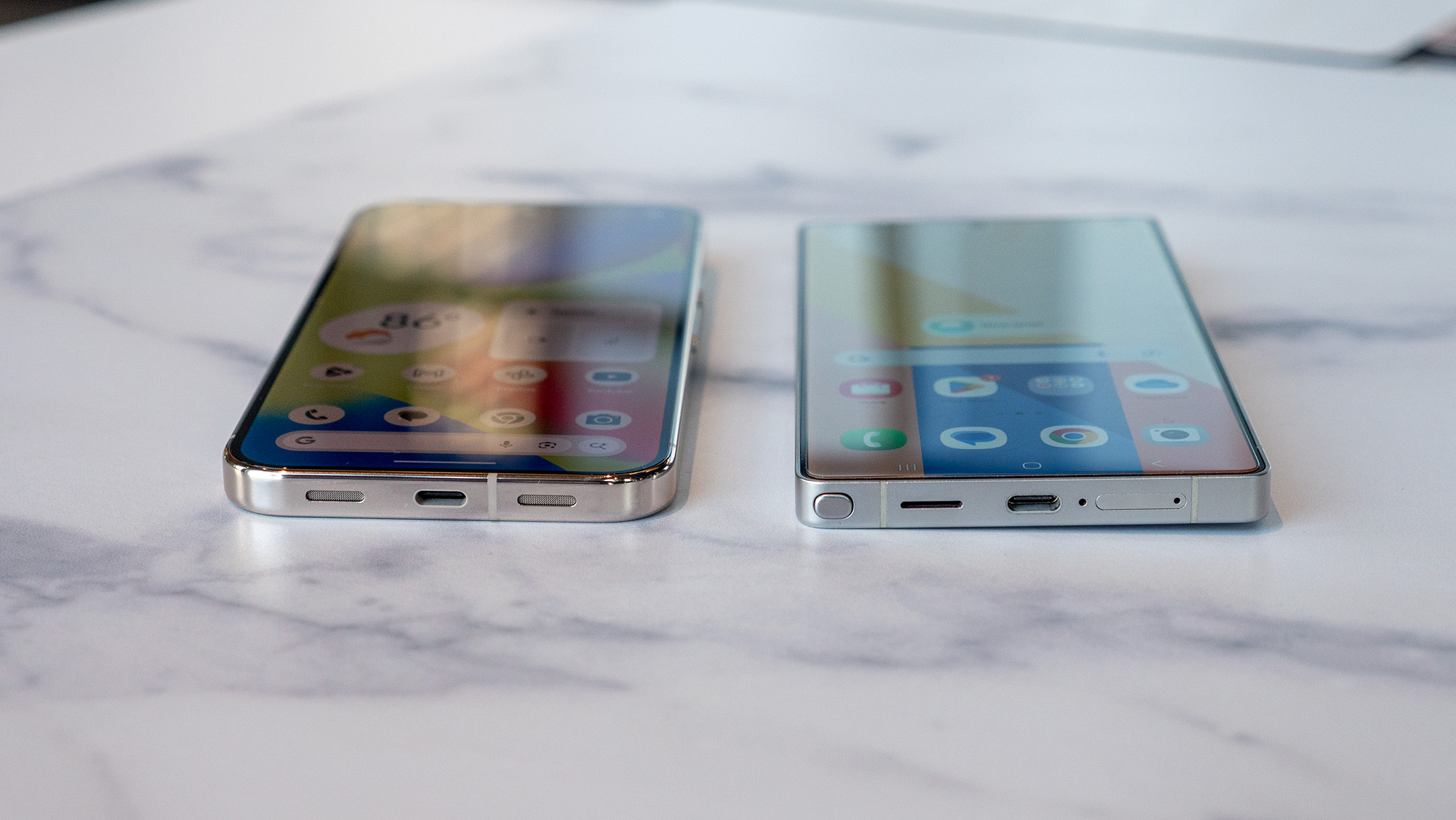
It sports a 6.8-inch LTPO AMOLED panel capable of 120Hz refresh rates and 3,300 nits of peak brightness — a slight upgrade compared to the Pixel 9 Pro XL. The resolution is 2992 x 1344 pixels, which is the same as last year. Covering the display is Corning Gorilla Glass Victus 2, and it also serves as the rear glass.
Get the latest news from Android Central, your trusted companion in the world of Android
The Samsung Galaxy S25 Ultra has a similar footprint, with dimensions measuring 162.8 x 77.6 x 8.2mm. In fact, it's both thinner and lighter than the Pixel 10 Pro XL. That's despite the Galaxy S25 Ultra offering a bigger, 6.9-inch screen and space for an internally-stored S Pen stylus.
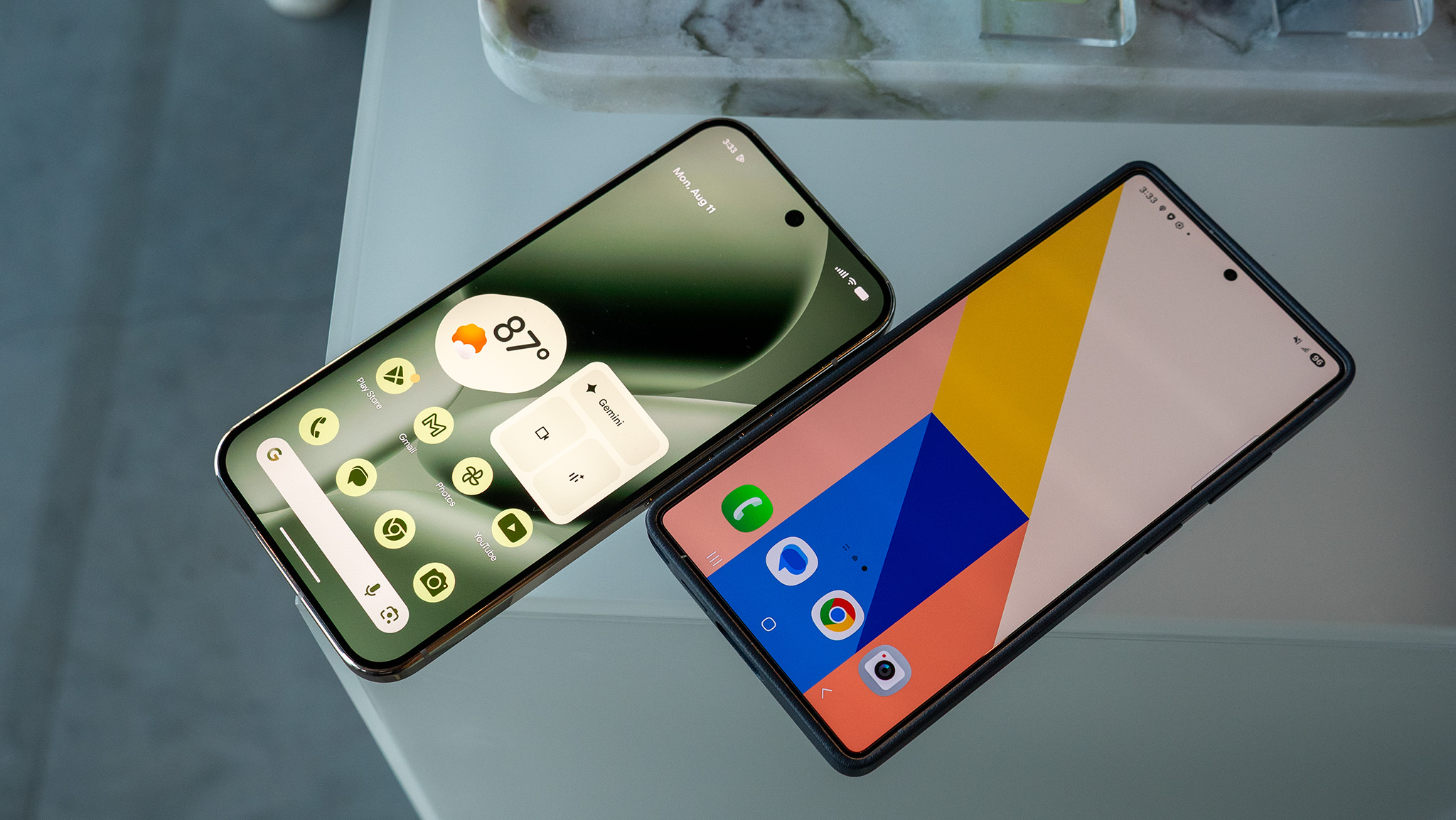
The display is a 6.9-inch QHD+ AMOLED with support for 120Hz adaptive refresh rates and a resolution of 3120 x 1440 pixels. It's covered by Gorilla Armor 2, which is anti-glare in nature and will help with outdoor visibility. The rear glass is Gorilla Glass Victus 2, just like on the Pixel 10 Pro XL. Samsung opted for a titanium construction on the Galaxy S25 Ultra, which helps with strength and weight.
Both the Pixel 10 Pro XL and the Galaxy S25 Ultra have an IP68 rating against dust and water ingress.
Google Pixel 10 Pro XL vs. Samsung Galaxy S25 Ultra: Hardware and specs
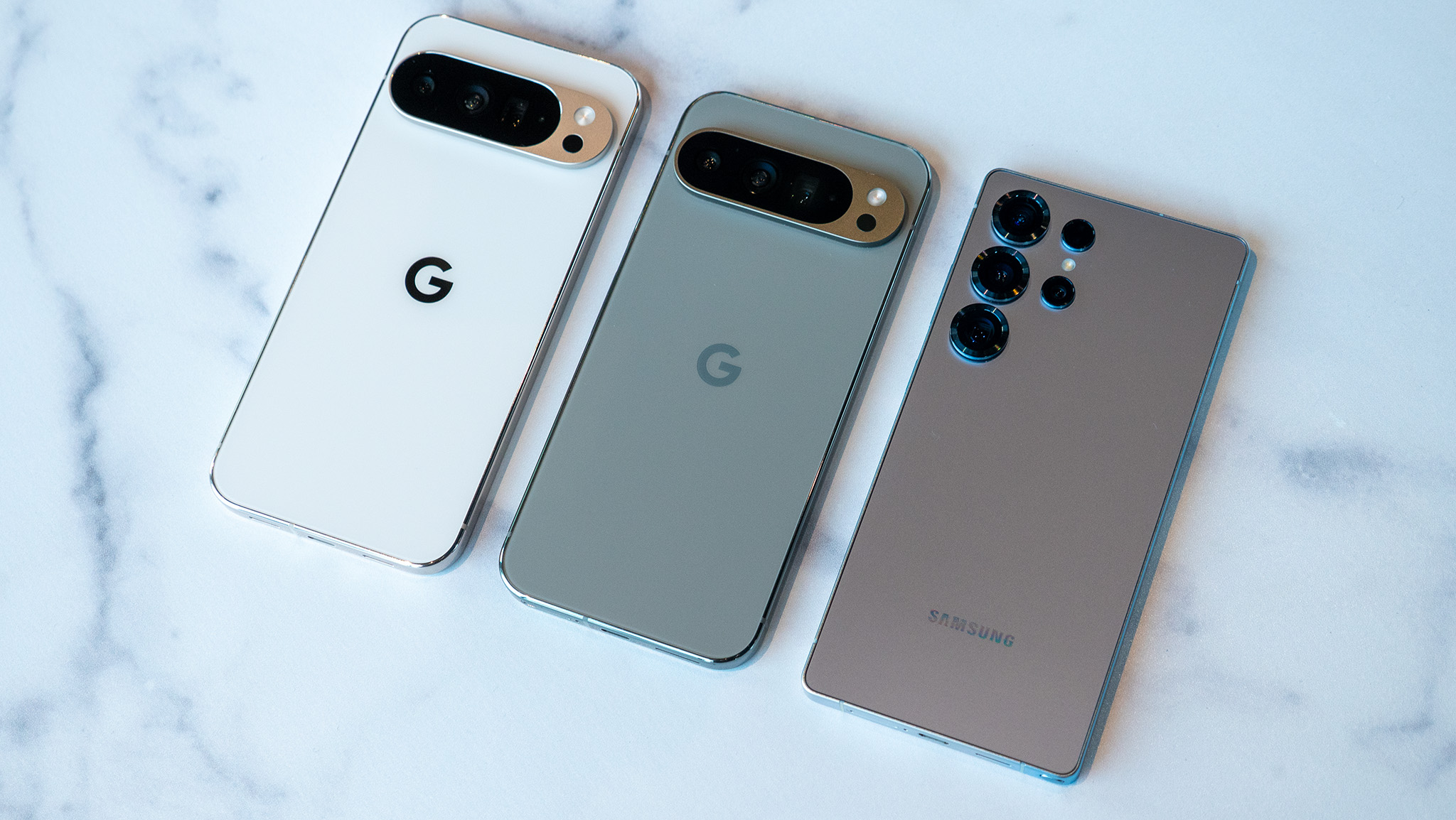
Google made major upgrades the internals of the Pixel 10 Pro XL, and it starts with the new Tensor G5 chipset, which is no surprise. The bigger deal is that the Tensor G5 chip is fabricated by TSMC, rather than Samsung Foundry, and uses the advanced 3nm process. As part of the switch, Google is moving to more custom internal components, perhaps improving Pixel's optimizations and efficiency gains. For example, the Pixel 10 Pro XL now has a custom image-signal processor (ISP) that will help with camera quality.
With a Google-designed chip, more custom components, and TSMC fabrication, the Tensor G5 helps the Pixel 10 Pro XL in its quest to become the most efficient and smooth Android phone yet. The company says the Tensor G5's CPU is 34% faster than the Tensor G4 on average. The chip's tensor processing unit (TPU) is also up to 60% more powerful for AI-based tasks.
The phone is expected to launch with Android 16 out of the box.
Category | Google Pixel 10 Pro XL | Samsung Galaxy S25 Ultra |
|---|---|---|
Display | 6.8-inch LTPO OLED, 120Hz, HDR10+, 3,300 nits (peak) | 6.9-inch QHD+ AMOLED, 120Hz Adaptive Refresh Rate |
Processor | Google Tensor G5 | Qualcomm Snapdragon 8 Elite for Galaxy |
Memory | 16GB | 12GB |
Storage | 256GB, 512GB, 1TB | 256GB, 512GB, 1TB |
Front Camera | 42 MP, f/2.2 | 12MP (wide) |
Rear Camera 1 | 50 MP, f/1.7 wide | 200MP Wide, AF, OIS |
Rear Camera 2 | 48 MP, f/1.7 ultrawide | 50MP Ultrawide, AF, OIS |
Rear Camera 3 | 48 MP, f/2.8 5x periscope telephoto | 10MP 3x Telephoto, AF, OIS |
Rear Camera 4 | N/A | 50MP 5x Telephoto, AF, OIS |
Camera Features | Best Take, Add Me, Magic Editor, Camera Coach | HDR Portraits, Selfie AI ISP, Nightography, High-res Macro, High-res Zoom, Log Video |
Battery | 5,200mAh | 5,000mAh |
Charging | 39W wired, Qi2 25W wireless, reverse wireless | 45W wired, 15W wireless, 4.5W reverse-wireless |
Connectivity | 5G, Wi-Fi 7, Bluetooth 6, UWB, eSIM only | 5G (sub-6GHz, mmWave), Wi-Fi 7, UWB, physical SIM tray |
Biometrics | Ultrasonic Fingerprint Scanner, Face Recognition | Ultrasonic Fingerprint Scanner, Face Recognition |
Ingress Protection | IP68, Corning Gorilla Glass Victus 2 (front and rear glass) | IP68, Corning Gorilla Armor (front glass), Corning Gorilla Glass Victus 2 (rear glass), Titanium |
Dimensions | 162.8 x 76.6 x 8.5 mm | 162.8 x 77.6 x 8.2mm |
Weight | 232 grams | 218 grams |
Software | Android 16 | One UI 7 w/ Android 15 (upgradeable) |
Colors | Moonstone, Jade, Porcelain, Obsidian | Silver Blue, Black, White Silver, Gray, Jade Green, Jet Black, Pink Gold |
Samsung's Galaxy S25 Ultra will still be the performance champion, despite all of Google's improvements. It is equipped with the Qualcomm Snapdragon 8 Elite for Galaxy mobile platform, which is the fastest available for Android phones. It's particularly excellent for AI tasks, and it will be interesting to see how the Tensor G5 compares in real-world testing — stay tuned for our full review.
Notably, the Galaxy S25 Ultra ships with 12GB of RAM, whereas the Pixel 10 Pro XL launches with 16GB by default. You can get a Galaxy S25 Ultra with 16GB of memory if you grab the top-end storage configuration.
Google Pixel 10 Pro XL vs. Samsung Galaxy S25 Ultra: Cameras
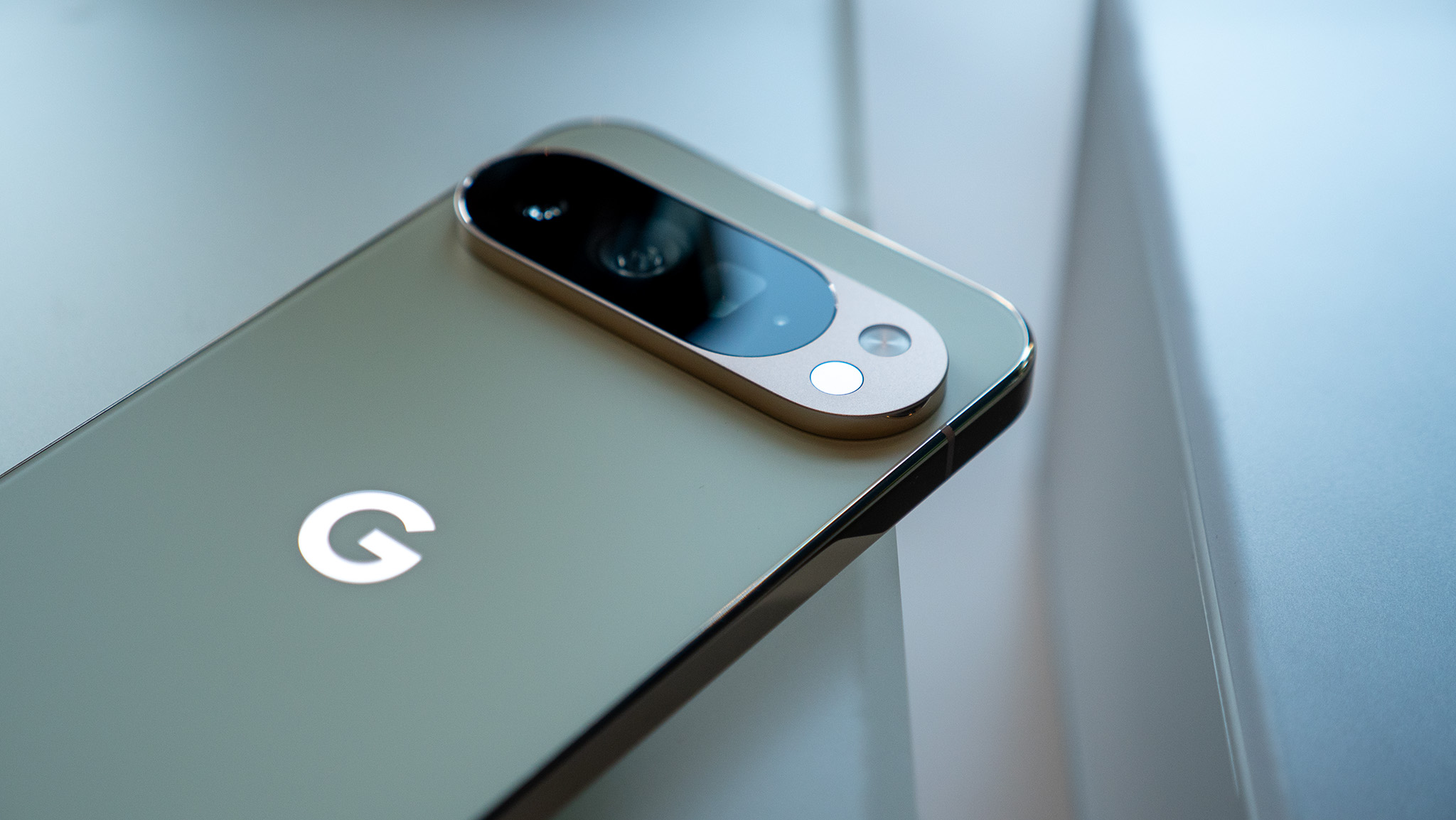
In the camera department, the Samsung Galaxy S25 Ultra will win, at least on paper. It has four rear camera sensors, and the system is highlighted by a 200MP wide camera. On top of that, you get a 50MP ultrawide, a 10MP telephoto with 3x optical zoom, and a 50MP telephoto with 5x optical zoom. Put simply, this may be the most versatile system available in the U.S. market, fit for any situation.
Google's Pixel 10 Pro XL keeps things exactly the same as its predecessor. That means you get three rear cameras, starting with a 50MP, f/1.7 main camera. The secondary cameras would be a 48MP ultrawide and a 48MP periscope telephoto lens, with the latter being capable of 5x optical zoom.
There's more than meets the eye here, as hardware is only part of the story. If you prefer Samsung or Google's computational photography and color science profiles, that may be reason enough to choose one phone over another. Google's upgraded ISP in the Tensor G5 is something to watch, as it could help the Pixel 10 Pro XL pull more out of similar camera hardware.
Google Pixel 10 Pro XL vs. Samsung Galaxy S25 Ultra: Which one should you buy?
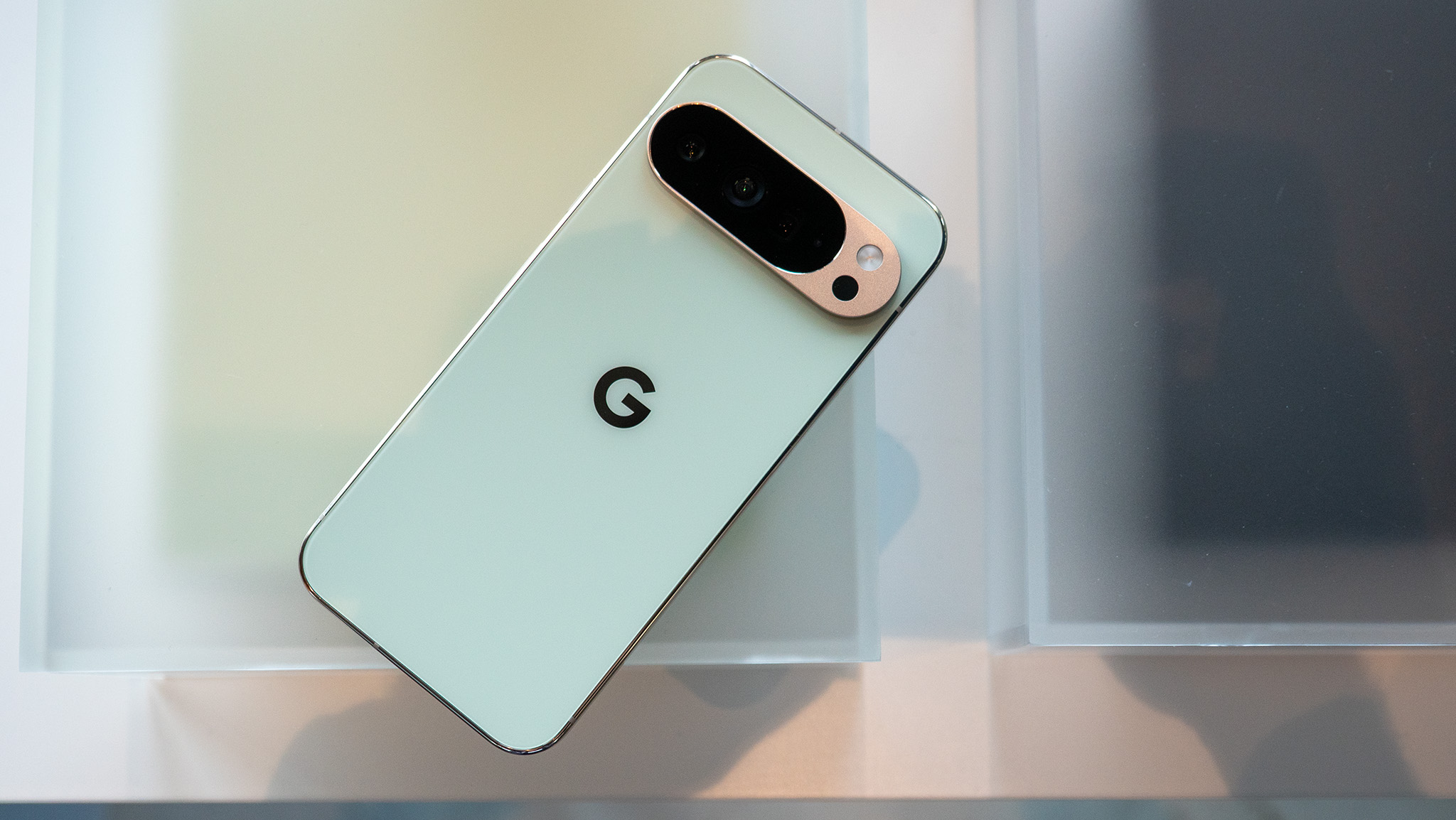
The Google Pixel 10 Pro XL and the Samsung Galaxy S25 Ultra are two of the best Android phones, but they're not equal. With the Galaxy S25 Ultra getting older, it'll likely see discounts that will help it match or beat the $1,199 price point of the Pixel 10 Pro XL. Samsung's use of the Snapdragon 8 Elite chipset ensures the Galaxy S25 Ultra has an edge, even over the Tensor G5 processor in the newest Pixel.
There are clear reasons to pick the Galaxy S25 Ultra over the Pixel 10 Pro XL. Aside from performance, the Galaxy has a larger display and S Pen support. It also brings along five total cameras and a combination of Google AI and Galaxy AI features. All of these could be deciding factors for people in the market for a great Android phone.
Still, the Pixel 10 Pro XL has plenty of reasons to exist. It's slightly more compact, runs Pixel UI over One UI, and has Google's efficiency and optimization. That being said, it's hard for Google's highest-end flagship to beat the Galaxy S25 Ultra on paper.

Small but mighty
The Google Pixel 10 Pro XL is a fun and capable Android phone, highlighted by Pixel UI and Material 3 Expressive. It has a premium design and engaging software, plus power in the form of the Tensor G5 chip. On top of that, you get a huge battery and magnetic Qi2 25W fast wireless charging.
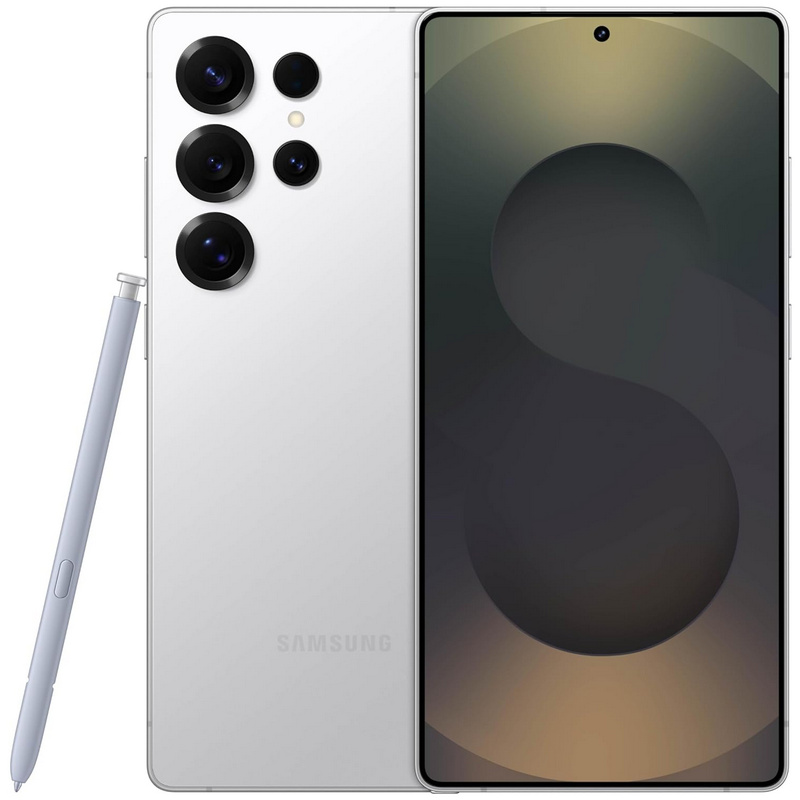
Still the king
Based on current rumors, the Samsung Galaxy S25 Ultra isn't going anywhere anytime soon. With a 6.9-inch screen, the fastest Qualcomm mobile platform, and a versatile camera system, the Galaxy S25 Ultra will still have advantages over Google's upcoming flagship.

Brady is a tech journalist for Android Central, with a focus on news, phones, tablets, audio, wearables, and software. He has spent the last three years reporting and commenting on all things related to consumer technology for various publications. Brady graduated from St. John's University with a bachelor's degree in journalism. His work has been published in XDA, Android Police, Tech Advisor, iMore, Screen Rant, and Android Headlines. When he isn't experimenting with the latest tech, you can find Brady running or watching Big East basketball.
You must confirm your public display name before commenting
Please logout and then login again, you will then be prompted to enter your display name.
